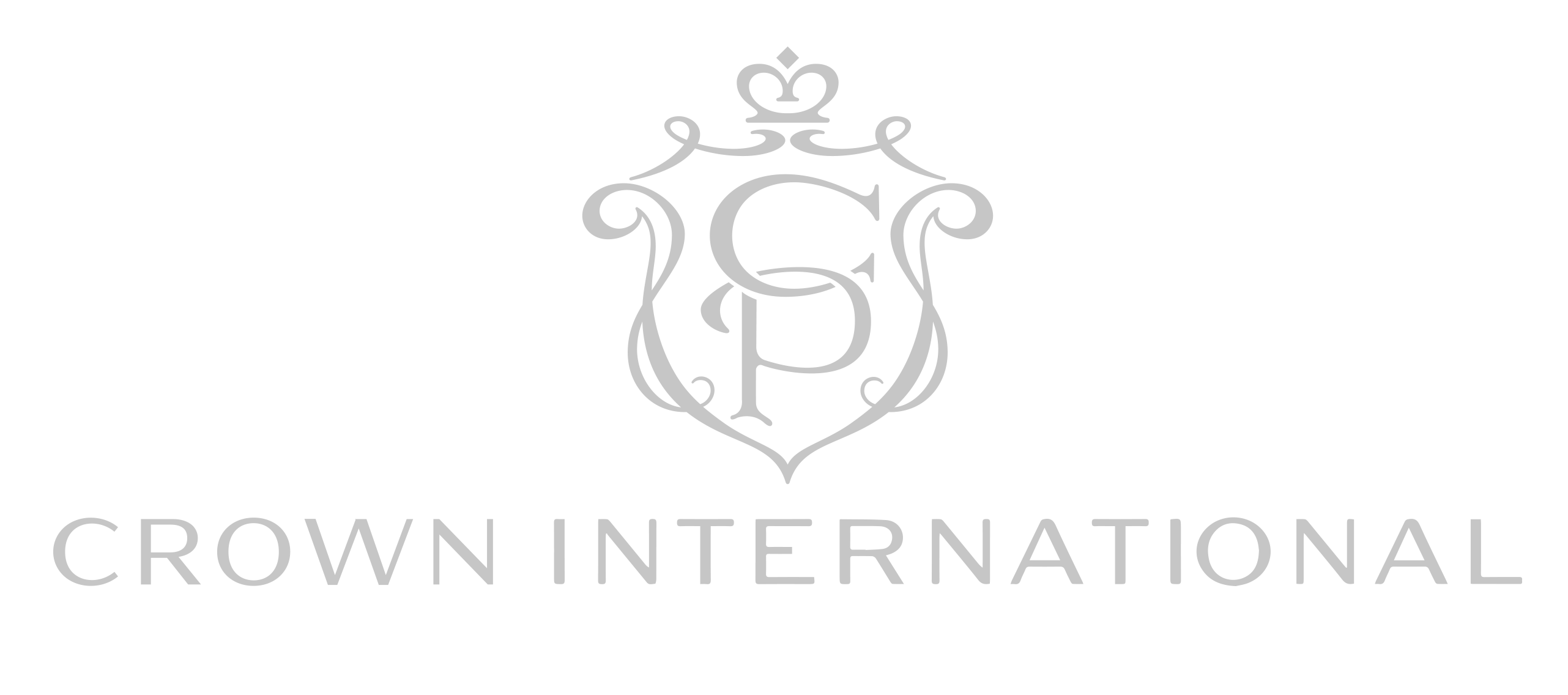Crown Family Role In International Relations: A Deep Dive
When we talk about the crown family role in international relations, we’re diving into a world where tradition meets diplomacy, and power is wielded with grace and strategy. The royal families around the globe aren’t just figureheads; they’re active participants in shaping global alliances, fostering cooperation, and smoothing over diplomatic waters. In today’s interconnected world, their influence extends far beyond ceremonial duties, impacting everything from trade agreements to humanitarian efforts. So, buckle up, because we’re about to explore how these crowned heads play their part on the global stage.
Let’s face it, the idea of royalty might seem like something out of a fairy tale, but in reality, the crown family role in international relations is as relevant today as it ever was. From Queen Elizabeth II’s historic visits to the Middle East to the King of Spain’s efforts in bridging European and Latin American ties, royal families have been quietly but effectively steering the ship of diplomacy for centuries.
But why does this matter? Well, in an age where politics can often feel divisive and tense, the presence of a royal family can bring a sense of continuity, neutrality, and cultural diplomacy that no politician can replicate. They’re not tied to political parties, they don’t campaign for votes, and their influence is built on centuries of tradition and trust. Now, let’s dive deeper into how this works and why it matters more than you might think.
Understanding the Crown Family’s Influence
First things first, let’s break down what we mean by the crown family role in international relations. We’re talking about the way royal families use their unique position to influence global politics, foster alliances, and promote peace. This isn’t just about attending state dinners or cutting ribbons; it’s about leveraging their status to create meaningful change.
For instance, did you know that the British monarchy has been instrumental in maintaining the Commonwealth? Through events like the Commonwealth Games and regular summits, the royal family helps strengthen ties between nations that might otherwise drift apart. It’s a subtle but powerful form of diplomacy that often flies under the radar.
Key Players in Global Diplomacy
Now, let’s zoom in on some of the key players in this royal game of diplomacy. The British royal family, led by King Charles III, has long been a force to be reckoned with. Their influence spans continents, with ties to countries across the Commonwealth and beyond. Similarly, the King of Sweden and the King of Thailand have played pivotal roles in promoting cultural exchange and economic partnerships in their respective regions.
- British Monarchy: Strengthening Commonwealth ties
- Swedish Royal Family: Promoting environmental sustainability
- Thai Royal Family: Facilitating regional cooperation
These families don’t just attend events; they actively work behind the scenes to build bridges and resolve conflicts. It’s a delicate balance of tradition and modernity, and they do it with style.
The Crown Family’s Role in Modern Diplomacy
In today’s fast-paced world, the role of the crown family in international relations has evolved. Gone are the days when royalty was purely ceremonial. Now, they’re actively involved in shaping global policies, advocating for human rights, and addressing climate change. It’s a role that requires not just charisma but also a deep understanding of global issues.
Addressing Global Challenges
Take, for example, Prince William’s Earthshot Prize. This initiative aims to tackle some of the world’s biggest environmental challenges by rewarding innovative solutions. It’s a prime example of how the crown family role in international relations can drive real change. By leveraging their platform, they can bring attention to issues that might otherwise be overlooked.
Similarly, Princess Maha Chakri Sirindhorn of Thailand has been a vocal advocate for education and cultural preservation. Her efforts have not only benefited her own country but have also inspired similar initiatives across Southeast Asia.
The Economic Impact of Royalty
Now, let’s talk about the economic side of things. The crown family role in international relations isn’t just about diplomacy; it’s also about boosting economies. Royal visits can lead to significant trade deals, and the prestige associated with hosting a royal family can attract investment and tourism.
Trade and Investment
For instance, when King Charles III visited India in 2023, it wasn’t just about cultural exchange; it was also about strengthening economic ties. The visit resulted in several trade agreements that are expected to boost both economies. It’s a win-win situation that highlights the power of royal diplomacy.
But it’s not just about the big deals; the presence of royalty can also have a ripple effect on local businesses. Small and medium enterprises often benefit from the increased visibility that comes with royal visits, leading to new opportunities and partnerships.
Cultural Diplomacy and Soft Power
One of the most fascinating aspects of the crown family role in international relations is their use of cultural diplomacy. Through art, music, and cultural exchanges, they can break down barriers and build bridges between nations. It’s a form of soft power that can achieve what traditional diplomacy sometimes cannot.
Examples of Cultural Diplomacy
Consider the Danish royal family’s efforts to promote Nordic culture around the world. Through events like the Copenhagen Fashion Week and cultural festivals, they’ve managed to put Denmark on the global map. Similarly, the Japanese imperial family has been instrumental in promoting Japanese culture and traditions abroad, fostering a sense of mutual respect and understanding.
These cultural exchanges aren’t just about showcasing traditions; they’re about creating lasting connections that can lead to more meaningful diplomatic relationships.
Challenges Faced by the Crown Family
Of course, it’s not all glamour and grandeur. The crown family role in international relations comes with its own set of challenges. From navigating sensitive political issues to dealing with public scrutiny, they face pressures that most of us can’t even imagine.
Political Neutrality
One of the biggest challenges is maintaining political neutrality. While they can advocate for certain causes, they must be careful not to take sides in political disputes. This requires a delicate balancing act that not everyone can pull off. Yet, when done right, it can enhance their credibility and effectiveness as diplomats.
Additionally, they must constantly adapt to changing global dynamics. What worked in the past may not work today, and they must be willing to evolve to remain relevant in an ever-changing world.
The Future of the Crown Family in Diplomacy
Looking ahead, the crown family role in international relations is likely to become even more important. As the world becomes more interconnected, the need for neutral mediators and cultural ambassadors will only grow. Royal families, with their centuries of experience and global networks, are uniquely positioned to fill this role.
Trends to Watch
Some of the key trends to watch include the increasing focus on digital diplomacy, where royal families use social media and other digital platforms to engage with a global audience. We’re also likely to see more emphasis on sustainability and social responsibility, as younger generations of royals take the reins.
It’s an exciting time for royal diplomacy, and the future looks bright for those who can adapt and innovate while staying true to their traditions.
Conclusion: Why It Matters
In conclusion, the crown family role in international relations is more than just a ceremonial function; it’s a vital component of global diplomacy. From fostering economic partnerships to promoting cultural exchange, their influence is felt in every corner of the world. As we’ve seen, their unique position allows them to navigate complex political landscapes with grace and effectiveness.
So, the next time you see a royal visit in the news, take a moment to appreciate the deeper significance of their presence. They’re not just there for the photo ops; they’re there to make a difference. And if you’ve enjoyed this article, we’d love to hear your thoughts in the comments below. Share it with your friends, and let’s keep the conversation going!
Table of Contents
- Understanding the Crown Family’s Influence
- Key Players in Global Diplomacy
- The Crown Family’s Role in Modern Diplomacy
- Addressing Global Challenges
- The Economic Impact of Royalty
- Trade and Investment
- Cultural Diplomacy and Soft Power
- Examples of Cultural Diplomacy
- Challenges Faced by the Crown Family
- Political Neutrality
- The Future of the Crown Family in Diplomacy
- Trends to Watch
- Conclusion: Why It Matters



Detail Author:
- Name : Mr. Dean O'Connell
- Email : runolfsson.sheldon@braun.com
- Birthdate : 1973-06-30
- Address : 947 Gutkowski Spring Hirtheview, CT 23381-1539
- Phone : 1-970-534-8298
- Company : Abbott Group
- Job : Correspondence Clerk
- Bio : Eos fugit ut tempore cum eos. Sed cumque dolores eos eius debitis quia ipsa. Aperiam ipsa cumque omnis ea.